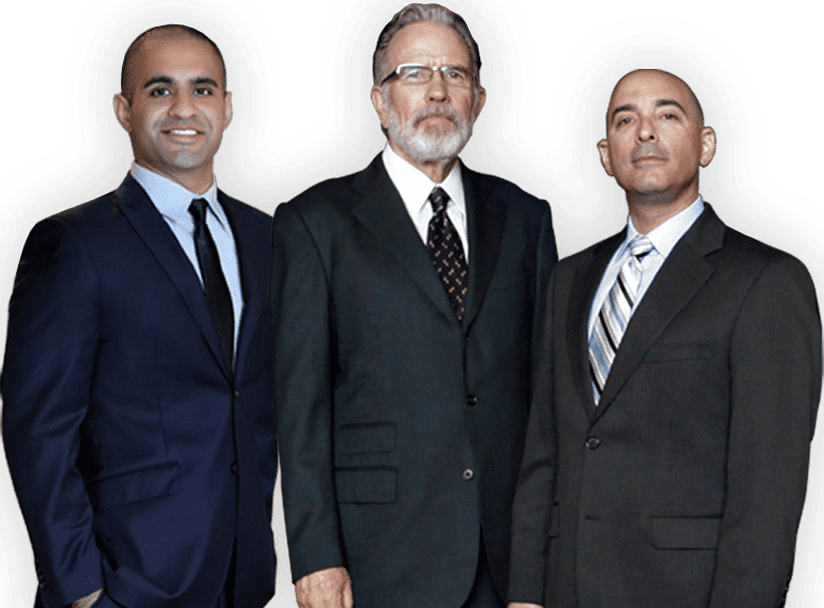California Employment Law News
The U.S. Supreme Court Makes It More Difficult For Victims Of Workplace Harassment To Sue Employers Under Title VII
In Vance v. Ball State University, the Unites States Supreme Court ruled that an employer may be vicariously liable for an employee’s unlawful harassment under Title VII, the federal anti-harassment law, only when the employer has empowered that employee to take “tangible employment actions” against the victim (i.e., to effect a significant change in employment status, such as hiring, firing, failing to promote, reassignment with significantly different responsibilities, or a decision causing a significant change in benefits). In its ruling, the court rejected the Equal Employment Opportunity Commission’s definition of supervisor, which the court labeled “nebulous.”
In practice, the decision will make it more difficult for plaintiff-employees to maintain harassment claims against employers under Title VII, given that the definition of supervisor adopted by the court in Vance is incredibly narrow. It is critical to remember that, under Title VII, employers are still liable for harassment committed by nonsupervisory employees if the plaintiff-employee can establish the employer’s negligence. The decision is undoubtedly a victory for employers nationwide. The decision does not alter California law, which provides substantially more rights to employees and, even in the wake of Vance, will continue to do so.

